Mythological Rebirth: Cultural Legacy in Black Myth: Wukong
Are you familiar with the game "Black Myth: Wukong"? Since its stunning concept trailer release in August 2020, "Black Myth: Wukong" has captivated the attention of many. Developed by Chinese game studio Game Science, this action role-playing game has garnered widespread acclaim upon its recent release, thanks to its unique Chinese art style and masterful game design. The game delicately interprets traditional Chinese culture, especially evident in the integration of historical relics and natural landscapes. If you are a fan of this game, welcome to explore the unique Chinese culture behind it. This article will introduce you to it!
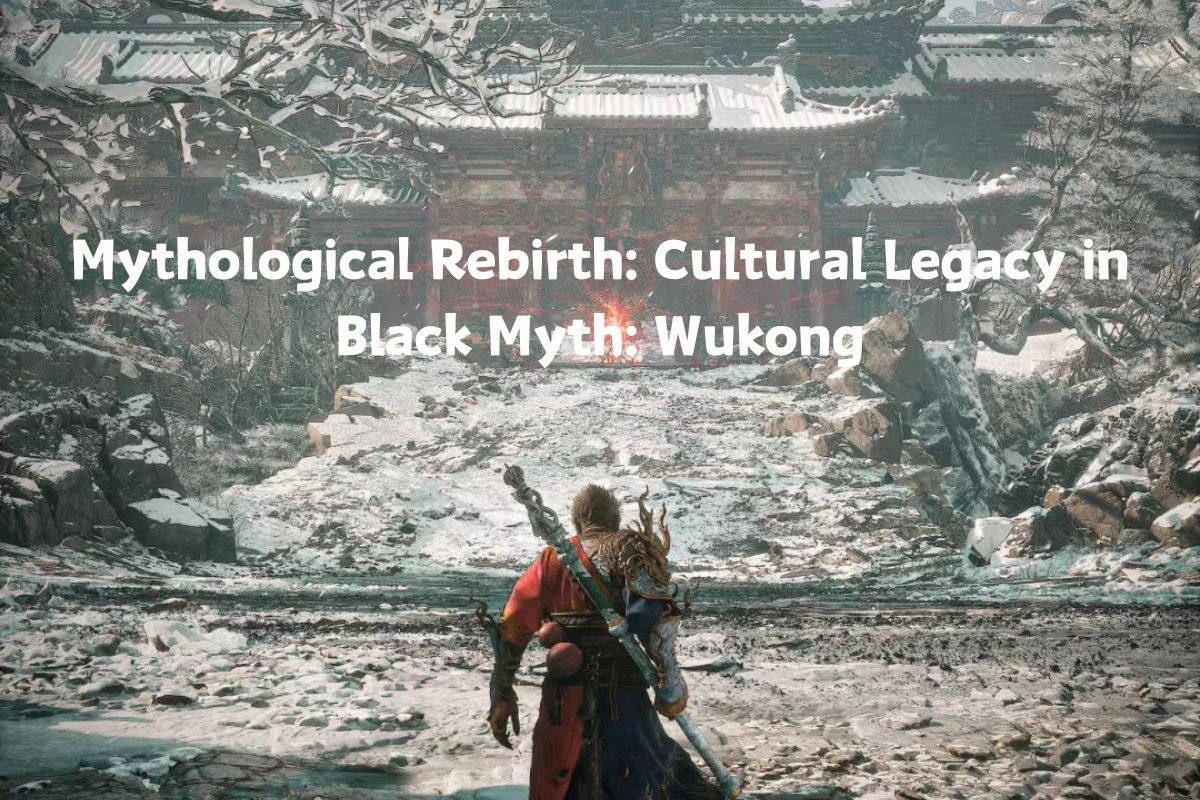
Understanding "Black Myth: Wukong" requires knowledge of its inspiration - one of the Four Great Classical Novels in ancient China, "Journey to the West." Authored by the Ming dynasty literary giant Wu Cheng'en, this fantasy masterpiece revolves around the magnificent journey of Tang Sanzang and his three disciples to the West to obtain scriptures. Among them, the valiant and intelligent Monkey King Sun Wukong undoubtedly shines as the star character. Sun Wukong’s popularity as an idol is largely attributed to his extraordinary magical powers: the seventy-two transformations that allow him to shape-shift at will, the somersault cloud spanning thousands of miles showcasing his exceptional speed, and the magical staff capable of growing or shrinking and subduing demons. He never retreats in the face of powerful enemies, challenges even the authority of heavens, and dares to oppose gods and buddhas, all to protect his master and pursue the truth. This fearless defiance of tyranny and commitment to justice defines his heroic 英勇的 (yīng yǒng de) spirit.
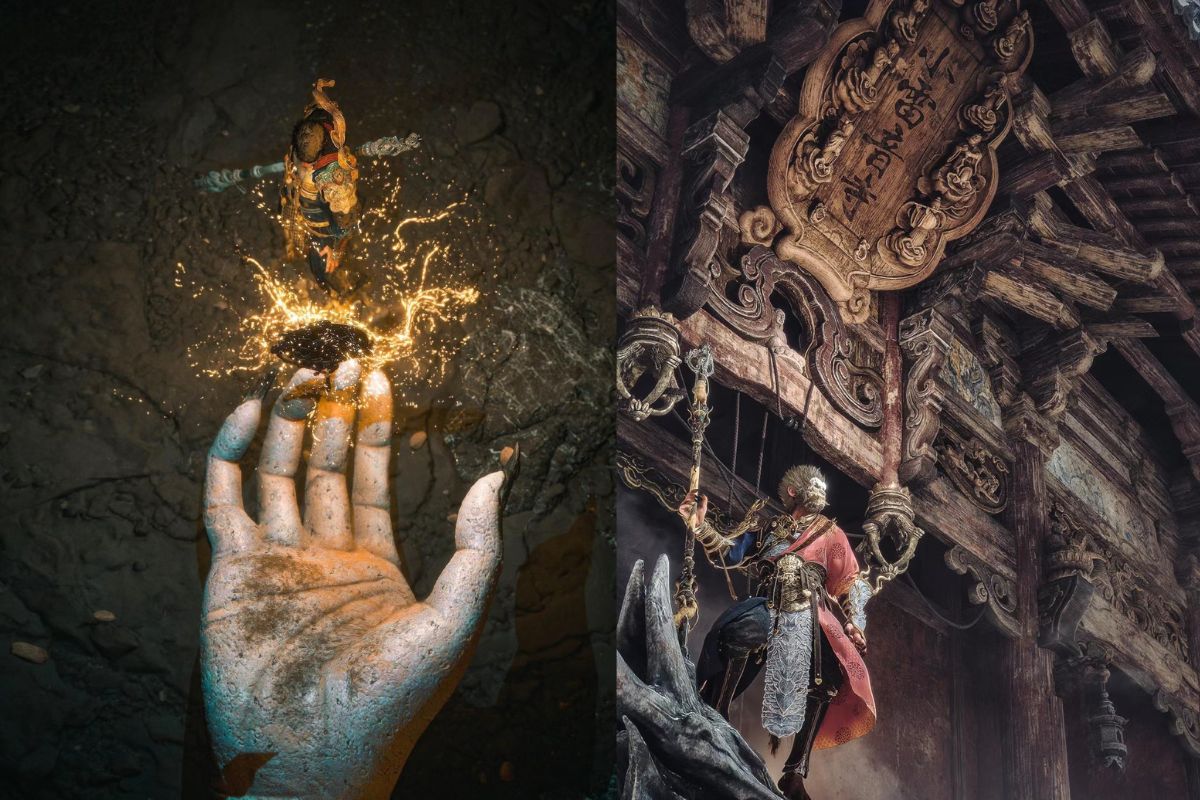
英勇的 (yīng yǒng de), adjective, heroic
Examples:
- The soldier performed a heroic act on the battlefield.
士兵在战场上执行了一次英勇的行动。
shì bīng zài zhàn chǎng shàng zhí xíng le yī cì yīng yǒng de xíng dòng。 - Her heroic sacrifice saved many lives.
她的英勇的牺牲挽救了许多生命。
tā de yīng yǒng de xī shēng wǎn jiù le xǔ duō shēng mìng。
These magical abilities not only shape his omnipotent hero image but more importantly, Sun Wukong, with these powers, emerges as a symbol of resistance against oppression and quest for freedom. Just like Western superhero archetypes, he demonstrates true courage and independent spirit through actions, which has evolved him into a symbol of heroism in the long history of Chinese culture, igniting dreams and passion in countless hearts.
In "Black Myth: Wukong," there is a profoundly symbolic scene: when Sun Wukong transforms into the Tathagata Buddha to conquer the White Bone Demon, he stands in an extraordinarily solemn grand hall. This game's setting finds inspiration from the Great Heroic Hall of Xiantong Temple in Wutai Mountain, representing one of the best examples of wooden structural systems in the Ming dynasty. It stands tall, enshrining Buddha Shakyamuni and his accompanying bodhisattvas, symbolizing the fulfillment of wisdom and compassion. Stepping into the Great Heroic Hall, both believers and visitors are awed by its solemn and magnificent aura; the magnificent golden Buddha statues amidst the wafting incense appear mystic, as if traversing through centuries, directly engaging in ancient beliefs and philosophies.
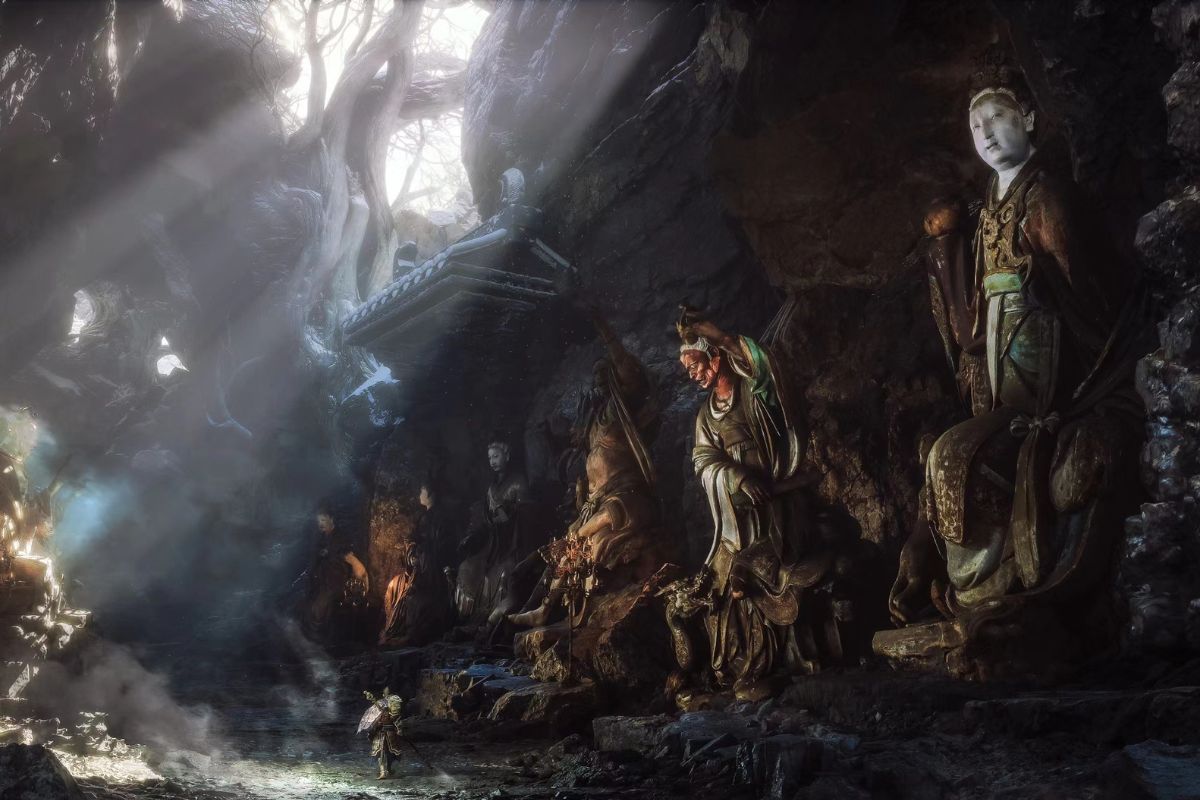
Imagine traversing the fantastical mythical world of "Black Myth: Wukong," suddenly encountering a serene radiance - a digitally recreated Great Heroic Hall, preserving the solemnity of an ancient monastery yet blending in the fantasy of modern technology. Every brick and tile seems to narrate ancient legends传说(chuán shuō). Here, you are not just Wukong, the fearless traveler seeking self-realization and truth under the Buddha's radiance; you are also a time traveler, experiencing a cross-era cultural dialogue. "Black Myth: Wukong" masterfully immerses you in a world that is both familiar and unfamiliar. Amid the fast-paced battles and explorations, it offers a sanctuary for the soul to rest. Each step into the Great Heroic Hall feels like a spiritual cleanse, prompting reflection – in this ever-changing era, what defines eternity?
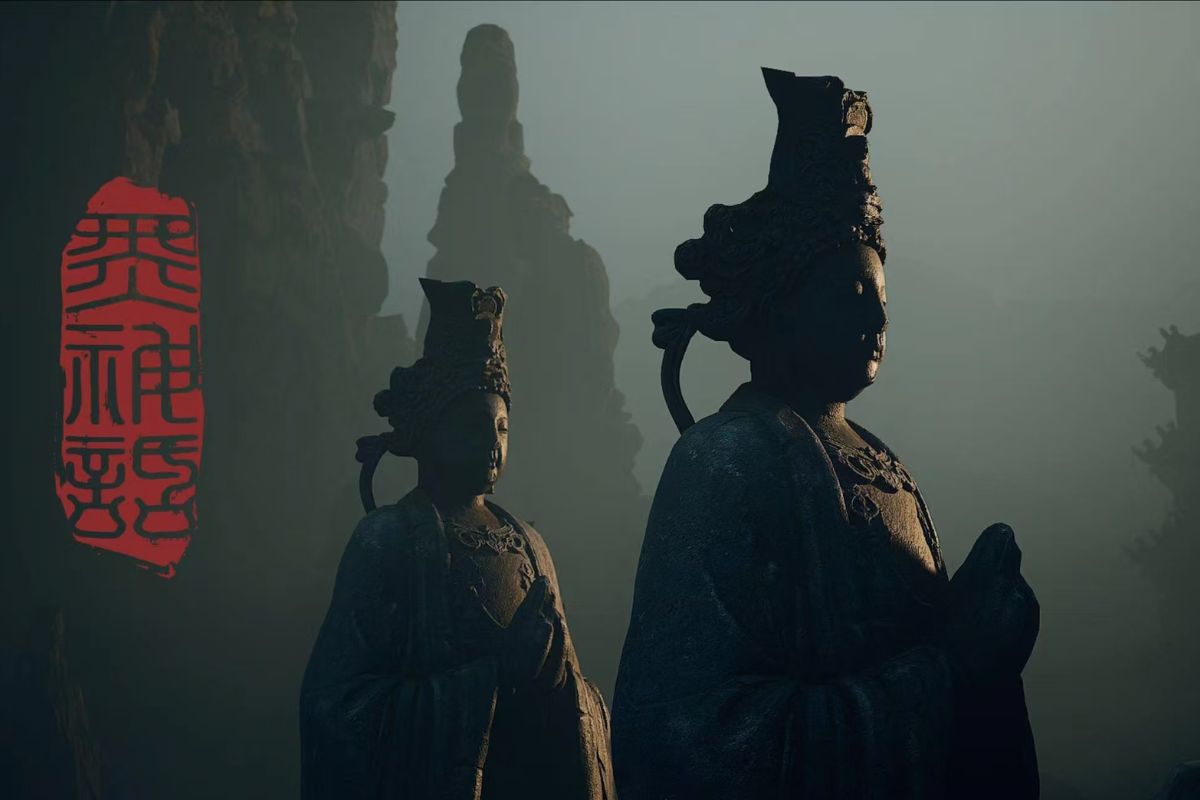
传说 (chuán shuō), noun, legend
Examples:
- The book is filled with ancient legends of mythical creatures.
这本书充满了关于神话生物的古代传说。
zhè běn shū chōng mǎn le guān yú shén huà shēng wù de gǔ dài chuán shuō。 - Legends say that a treasure is hidden deep in the forest.
传说深藏在森林深处有一宝藏。
chuán shuō shēn cáng zài sēn lín shēn chù yǒu yī bǎo zàng。
Another portrayal showcasing Shanxi's ancient architectural style is the Yungang Grottoes. Originating from the Northern Wei dynasty, these Buddhist caves in the western part of Shanxi have been listed as a UNESCO World Heritage Site, witnessing a glorious chapter of ancient Silk Road transmissions between East and West cultures. Enter the grottoes, where over a thousand niches and more than 51,000 Buddha statues stand silently, not only displaying the propagation and development of early Buddhist arts in China but also integrating artistic styles from ancient India, Central Asia, and even Greco-Roman traditions, forming a unique "Yungang style."
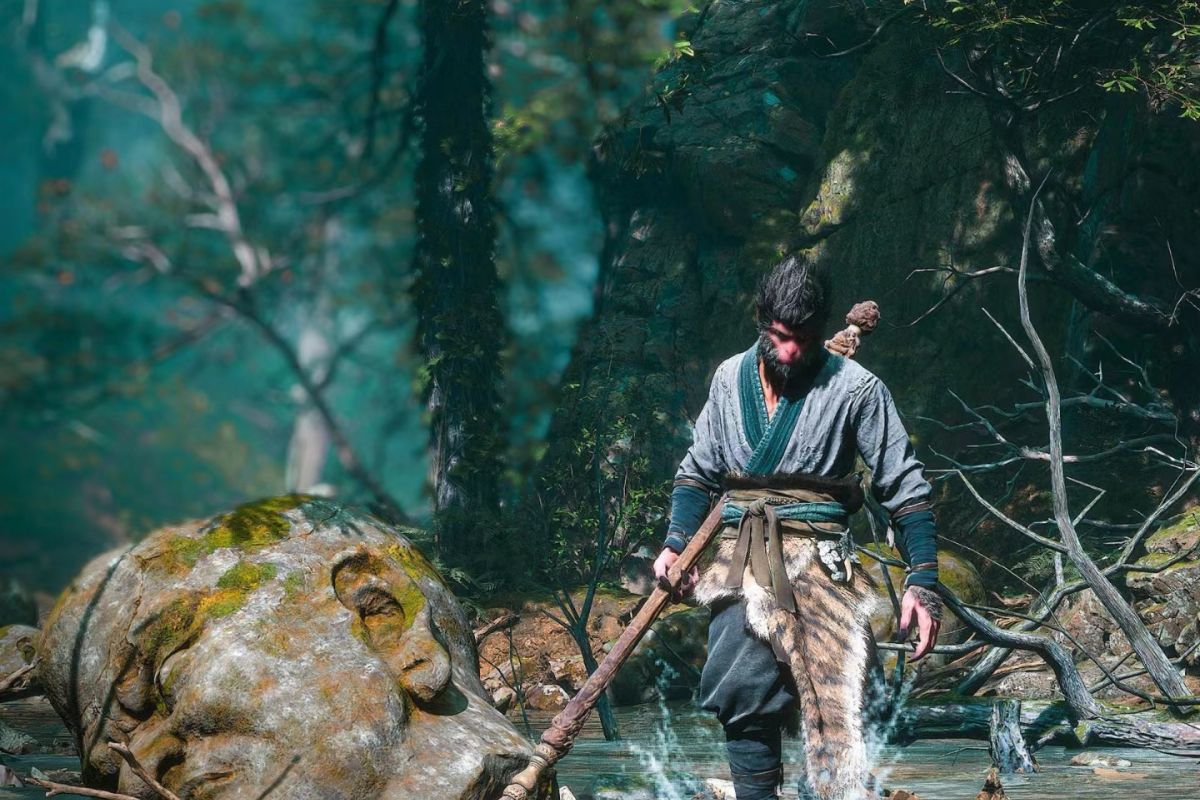
In the vast world of "Black Myth: Wukong," you may wander and chance upon a mysterious cave partially shrouded in sand, its walls carved with vivid yet weathered Buddha statues and celestial beings. In that moment, it feels as if conversing directly with history. This isn't merely a game's amusement but a tribute and inheritance of culture.
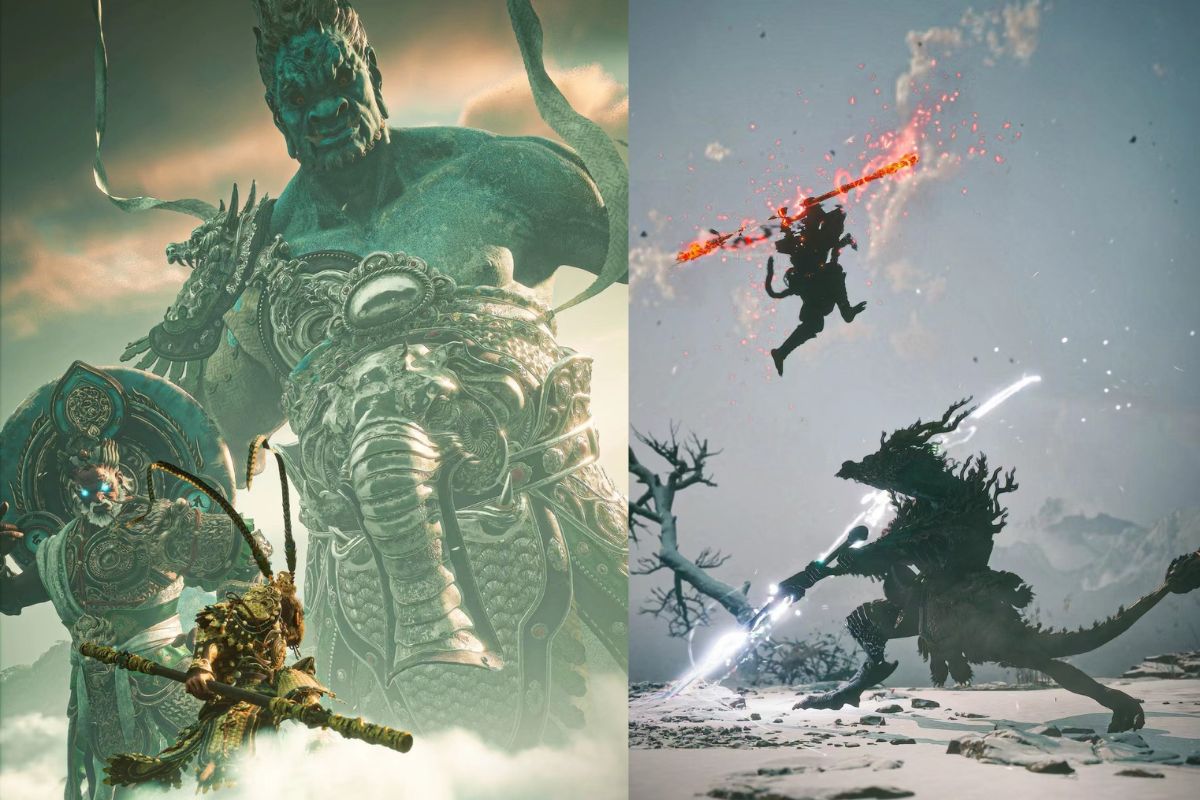
Therefore, whether immersing in the solemnity of the Great Heroic Hall, strolling through the profound Yungang Grottoes, or exploring other unique levels, each click, each step is a continuation of the vivid stories belonging to the Chinese nation. "Black Myth: Wukong," through the medium of gaming, opens a window for us to peer into a cultural world that is both familiar and full of surprises, inspiring everyone to uncover more stories hidden within the folds of history, feel the everlasting flow of cultural heritage.